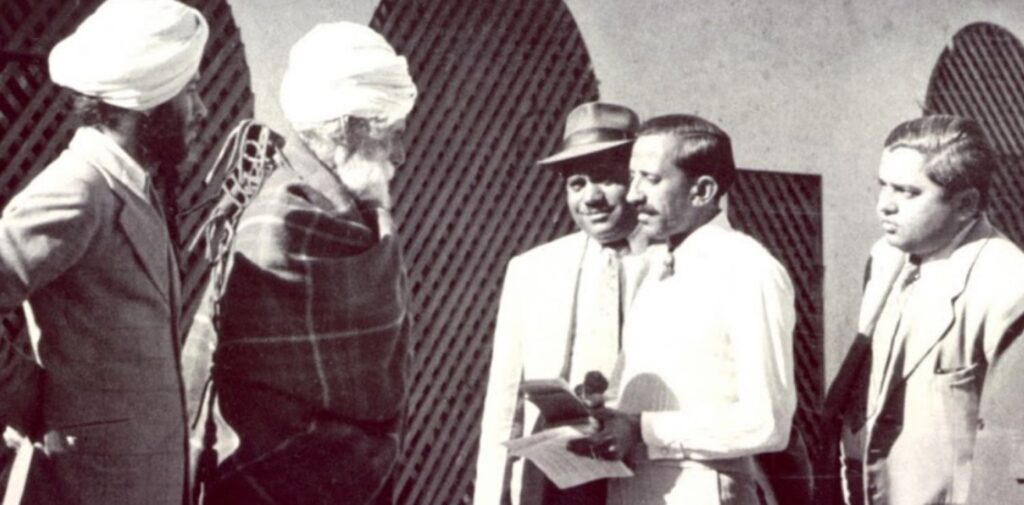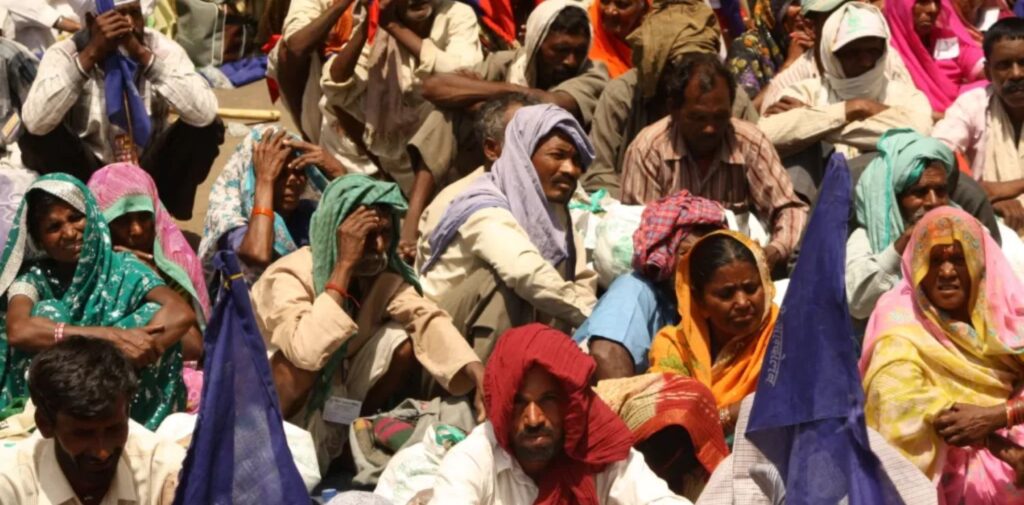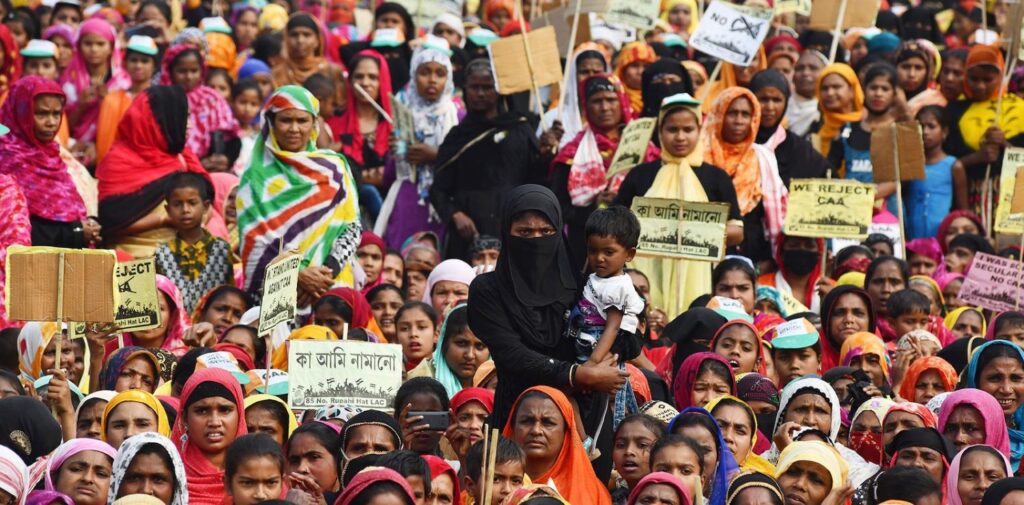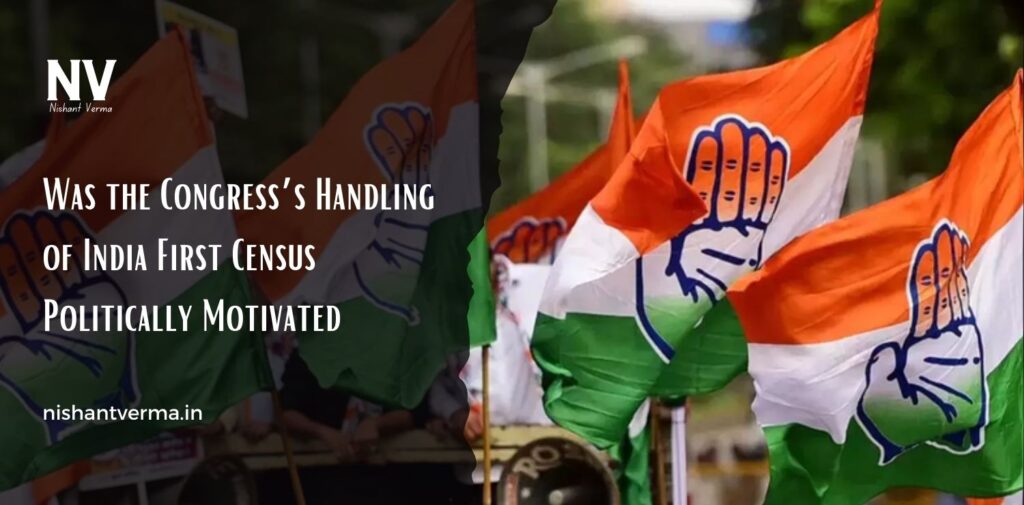India’s first official census, conducted in 1871, is a significant event in the nation’s history. It was the British colonial government that initiated the census, and this first enumeration of the population had profound implications for the way the country was governed and how the future would be shaped. However, when we look at how the Congress party, which emerged later as a major political force, handled and interpreted the results of the census, it raises important questions.
Was Congress’s handling of the census politically motivated? This article will critically analyze the role of Congress in India first census and argue that their approach was not purely about addressing the welfare of the nation, but was instead motivated by political ambitions.
Historical Background
India, under British colonial rule, conducted its first nationwide census in 1871. This was an administrative exercise to collect data on the population for governance, military recruitment, and resource management. The census counted the number of people, their caste, religion, literacy, and occupation. For the British, it was a tool to further consolidate their power and understand the dynamics of their colonial subjects. However, it was also a double-edged sword for the Indian people.
At this time, India was under direct British control, and the majority of the population was struggling under oppressive colonial policies. The British census was not just a simple enumeration of numbers but a politically loaded tool that helped the British categorize people, control them and rule more effectively.

Congress and the Census: Political Interests?
The Congress Party, which was founded in 1885, came into existence after the first census. Its leaders were mostly educated elites who had come into contact with British rule and its institutions. The Congress initially had moderate goals. It sought a greater role for Indians in the governance of their own country, but it did not initially call for the outright removal of British rule. It was within this context that the Congress began to interpret the census data.
The Congress’s handling of the census results can be seen as politically motivated for several reasons.
Focusing on Religious and Caste Divisions
The British census of 1871 categorized people based on religion, caste, and tribe. This was an inherently divisive approach, as it sought to label and divide the population into neat categories. While the British did this to reinforce their divide-and-rule strategy, the Congress also began to use these categories to assert political claims.
The Congress was particularly concerned with the census’s treatment of religion and caste. In its early years, the party’s leadership included upper-caste Hindus and some educated Muslims. They began using the census data as a way of emphasizing the numerical strength of their own communities. In doing so, they indirectly reinforced the idea that different communities should be viewed in opposition to each other, which served the Congress’s interests in representing the “dominant” groups.
This focus on religion and caste led to a deepening of social divisions. While the Congress was supposedly fighting for national unity and independence, it was increasingly pushing for policies that reflected the priorities of certain groups, particularly the upper castes, which formed a significant part of its leadership. This kind of political manoeuvring was not just about social upliftment but about controlling the political narrative, giving a certain section of society more power and influence.

Use of Census for Political Mobilization
In the late 19th and early 20th centuries, as the Congress began to grow in influence, it started using the data from the census to appeal to certain sections of society. The party utilized the census results to show the growing size and influence of certain communities, like the educated elite, to argue for greater political representation. This was an attempt to sway the British authorities into granting more power to Indian leaders who were willing to work within the colonial system.
For example, the Congress leadership, which was largely upper-caste Hindu at this time, used the census data to argue that Indians were capable of self-rule if only they were given more opportunities. By using the census to highlight the number of educated Indians, they were able to claim a sense of competence and demand political reforms. However, these arguments were often selective and did not represent the broader Indian population, especially the poor, Dalits, and other marginalized groups who remained outside the scope of these political considerations.
Thus, the Congress used the census data not necessarily for the betterment of all Indians but as a tool to bolster its political bargaining power.
The Role of the Census in Creating “Hindu” Nationalism
One of the most significant ways in which Congress’s handling of the census was politically motivated was in the way it contributed to the rise of Hindu nationalism. During the late 19th century, the Congress, which had initially been a broad-based party, began to be increasingly dominated by upper-caste Hindus. This shift was partly a response to the growing demands of the Muslim League and other religious groups that sought separate recognition in the political space.
The census was used to create a sense of a unified “Hindu” identity. Congress leaders like Bal Gangadhar Tilak, who later became a major figure in the party, began to use the data on the religious population to push for Hindu interests. This was a dangerous precedent, as it started the process of religious polarization. The rise of Hindu nationalism within Congress contributed to the alienation of the Muslim community and other minorities in India.
The Congress used the census as a tool to demonstrate that Hindus were the majority in India, and this played a part in the formation of a majoritarian political agenda that would shape Indian politics for years to come. This approach not only ignored the diversity of India but also sowed seeds of division that would later manifest in the demands for Pakistan.

Congress’s Failure to Address Social Issues
While the Congress leadership was focused on using the census data to consolidate political power, it did very little to address the deeper social issues exposed by the census itself. The first census revealed alarming levels of illiteracy, poverty, and inequality. Yet, the Congress, which had the potential to bring about social reforms, often failed to address these issues meaningfully.
Rather than using the census to push for large-scale reforms in education, sanitation, or economic development, Congress used it primarily to negotiate with the British for more power. The party was more concerned with consolidating its position within the colonial structure than with truly addressing the needs of the millions of poor and marginalized Indians. This political prioritization undermined the potential for genuine social progress and economic equality.
Conclusion: India First Census
The Congress’s handling of India first census can certainly be seen as politically motivated. While the census itself was a product of the British colonial administration, how Congress used the data reflected its political priorities. Instead of focusing on the welfare of the masses, the Congress leadership was more concerned with positioning itself as a political force capable of negotiating with the British on behalf of certain sections of Indian society.
Rather than uniting the country or promoting social reforms, Congress’s use of the census exacerbated existing divisions, especially along religious and caste lines. This approach ultimately laid the groundwork for the rise of Hindu nationalism, which played a divisive role in the history of India. The census data, which should have been a tool for understanding the needs of all Indians, was instead used as a political tool for the Congress party’s advantage, reflecting an early pattern of political maneuvering that prioritized power over the nation’s true needs.
In hindsight, it becomes clear that the Congress’s handling of the first census was not an exercise in nation-building, but a politically motivated action aimed at consolidating power, creating divisions, and setting the stage for the party’s own growth and influence within the colonial structure. This approach, ultimately, was detrimental to India’s social cohesion and democratic ideals.




